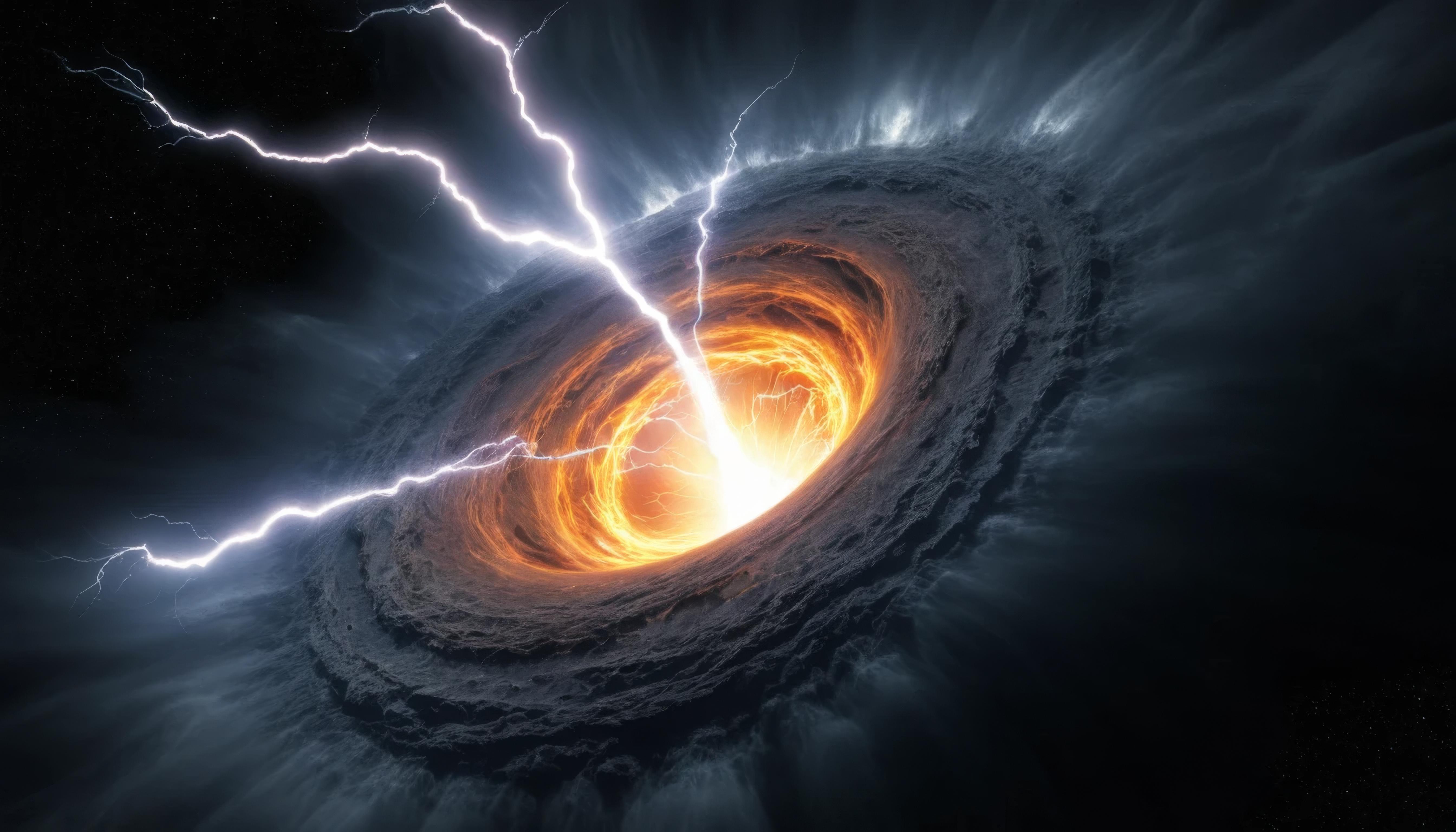
Agartha (also: Agarttha, Agharta)
Mythical Place / Esotericism / Conspiracy Theory
Definition:
Agartha is a legendary underground realm described in esoteric, occult, and pseudoscientific literature. It is said to exist within the Earth and to be inhabited by an advanced and enlightened civilization.
Origin and Meaning:
The concept of an inner world can be traced back to ancient legends and was popularized in the 19th and early 20th centuries by occult and theosophical circles. The French occultist Alexandre Saint-Yves d'Alveydre introduced the name "Agartha" around 1886, portraying it as a spiritual center of the world where sacred knowledge is preserved.
Key Features:
-
Agartha is said to be connected to various surface locations by a vast network of underground tunnels.
-
Its inhabitants are often described as enlightened beings or survivors of ancient civilizations (e.g., Atlantis).
-
The realm is commonly associated with spiritual harmony, advanced technology, and a peaceful social order.
-
In some versions of the myth, Shambhala is considered the capital of Agartha.
In Popular Culture and Conspiracy Theories:
Agartha frequently appears in so-called "Hollow Earth theories," which claim that the Earth is hollow and inhabited internally. It is often featured in literature, films, and video games as a mysterious place linked to lost civilizations or mystical wisdom.
Scientific Perspective:
From a scientific standpoint, there is no evidence supporting the existence of Agartha or a hollow, inhabited Earth. Such theories are considered pseudoscientific.
Links:



